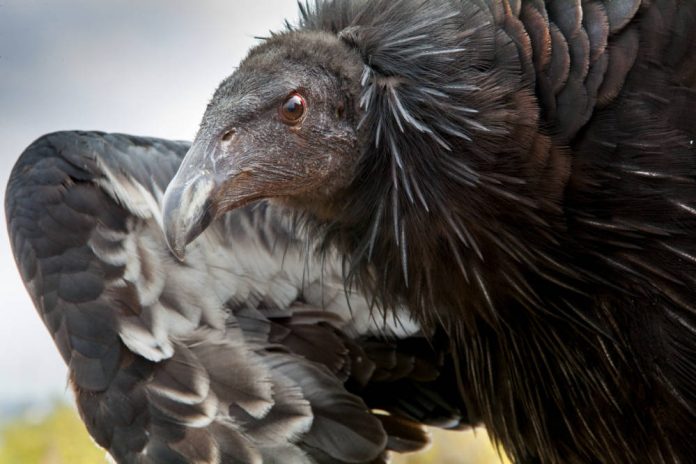The California Condor is now one of many wild bird species to fall victim to a deadly strain of avian flu. In early March, The Peregrine Fund first identified a sick condor. In late March, the bird was found deceased below her nest and tested positive for Highly Pathogenic Avian Influenza (HPAI).
Avian flu is highly contagious in the wild. HPAI is of low risk to humans, but infections have been reported, often in folks who work directly with fowl. According to the CDC, HPAI can lead to sudden death and severe disease in some wild bird species and domestic poultry.
In recent weeks, three condors have tested positive for HPAI. Test results are still not final for five additional deceased birds suspected of infection. The birds likely contracted the disease while scavenging. According to a press release from the National Park Service, HPAI has been found in the Arizona-Utah population of the California condor. The virus has not been detected in other condor populations in California or Baja California, Mexico.
The California condor is critically endangered and has been protected by U.S. federal law since 1967. Due to reintroduction and breeding efforts beginning in the late 1980s, the wild California Condor population has grown from 22 individuals in 1982 to 337 in 2019. HPAI is now one of many challenges threatening the California condor’s recovery, along with habitat degradation, lead exposure, and DDT contamination.
North America is currently in the midst of an unprecedented avian flu outbreak that has even impacted a number of mammals including grizzly bears. 52 million chickens died last year as a result of the avian flu outbreak, according to NPR. The disease is primarily spread by migratory waterfowl. For the California condor, “potential exposure of HPAI is expected to rise during the spring migration of birds north to their breeding grounds,” according to the NPS.
Read Next: Do Truly Giant Alligator Gar Still Exist?
Birds with HPAI may exhibit signs of lethargy and incoordination, may hold their head in odd positions, present as dull and unresponsive, or may walk in circles. If you see a bird who may have HPAI in Arizona or Utah, please contact The Peregrine Fund at 585-747-5885. In other regions, please contact your state wildlife agency.








